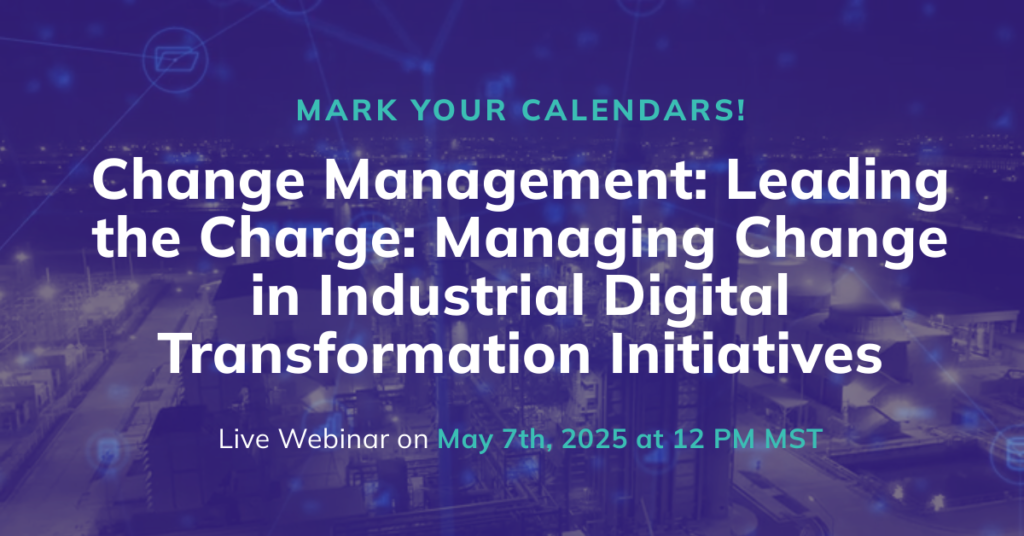We are living in the era of digitalization, innovation, and technology. In recent years, technology has progressed at an unparalleled pace. The recent technological advancements have tremendously impacted corporations and governments globally. Most governments and businesses leverage technology for data collection, analysis, and storage.
This reliance on digital technology has led to an unprecedented increase in the number of cybersecurity attacks — impacting billions of users across the globe.
That said, information security is inevitable for all businesses. In this piece, we’ll highlight some preventive measures to ensure optimum protection for a business’s online data.
Update your software regularly
Ransomware attacks have become prevalent more than ever. Consumers and businesses, both need to patch out outdated software from their systems to reduce the risk of ransomware. You can easily keep your software updated by following the below-mentioned tips.
- Make sure that your computer uses the automatic updates feature.
- Activate the automatic updates on your device.
- Always make sure that the plugins like Flash and Java are updated on your PC.
Install antivirus software
To block malware and malicious viruses from invading your data privacy, install antivirus software from a trusted source. Use a firewall — a network security device for computers — to keep your data safe from hackers and keep a check on the incoming and outgoing data on your device.
Regularly Backup your Data
Regular data backup is critical for personal data security. The best strategy for data backup is to maintain your data on the local and external drive. Besides, security and IT managers also recommend the digital users keep their data on cloud storage as well, to ensure maximum data protection.
Protect your PII
Criminals are always on the lookout to collect your personal data for malicious usage. They use an individual’s personal identifiable information (PII) to locate them. PII refers to a person’s name, location, contact details, birthday, social security number, or any other digital identity information.
Hackers can easily collect this information from your social media accounts. Most users share all their personal information publicly, which is why their accounts are easily hacked. Here are some key tips to ensure your online security.
- According to Verizon’s 2020 data breach investigations report, password credentials are the topmost hacking tool to execute data breach activities. To ensure robust defense against practices, employers and employees should develop their passwords according to the latest policies recommended by the National Institute of Standards and Technology (NIST). Your passwords shouldn’t be complex, however, it’s better to keep them longer.
- Multi-factor authentication provides additional security to your online accounts. When you authenticate your account from two or more devices, it becomes challenging for hackers to get access to your personal information. However, make sure that you are not using SMS delivery for verification as your smartphone network is more prone to malware during the authentication process.
- To prevent security breaches, make sure that your personal information is not on public display. Review your privacy settings and set privacy on your residential address, date of birth, or any other sensitive information.
The takeaway
Data security is essential for individuals and businesses. However, these days we hear about security breaches quite often. At Dexcent, we offer data backup management and recovery solutions to our clients at cost-effective rates. If you are looking for reliable data security services, feel free to get in touch with us.

